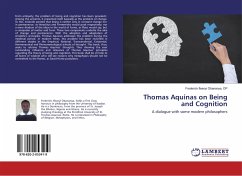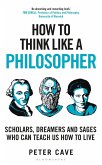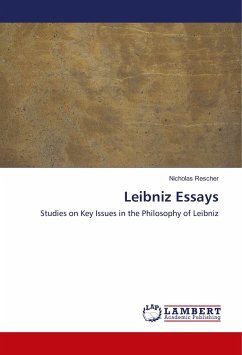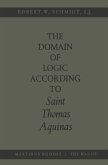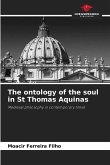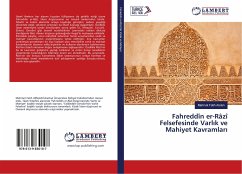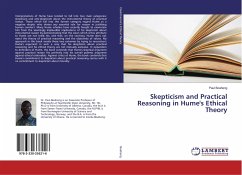From antiquity, the problem of being and cognition has been prevalent. Among the ancients, it presented itself basically as the problem of change. To this, Aristotle posited that being is neither only in constant change nor in permanence, as Heraclitus and Parmenides would posit respectively; nor a mere shadow of the ideas in the world of forms, as Plato would say, but a composite of matter and form. These two components underlie the idea of change and permanence. With the adoption and adaptation of Aristotle's principles, Thomas Aquinas addresses this problem during the medieval period. In modern times, this problem has been revivified in different shades in the Empirical, Rational, Transcendental, Existential, Hermeneutical and Phenomenological schools of thought. This book, thus, seeks to retrieve Thomas Aquinas' thoughts. Thus showing the ever outstanding influence and relevance of Thomas Aquinas' principles regarding the theory of being and cognition. This book shall be of help to all lovers of wisdom who still see reasons why metaphysics should not be committed to the flames, as David Hume postulates.

